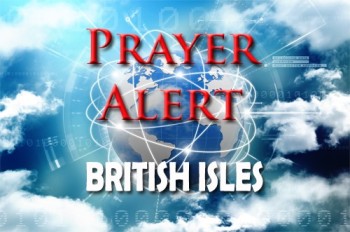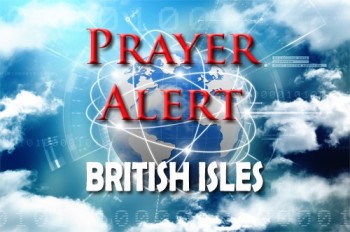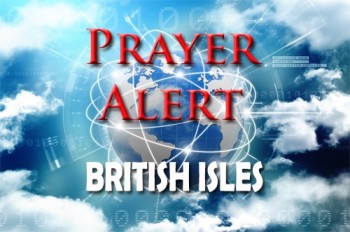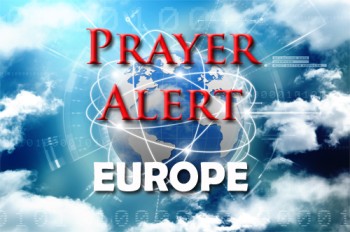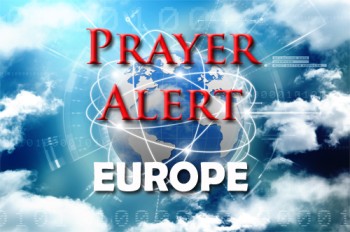GPs split over assisted dying plans, says BBC
A BBC survey of over a thousand family doctors reveals sharp divisions among GPs in England over proposed assisted dying legislation. About 500 opposed the law, calling it dangerous, unethical, and a threat to patient trust. Concerns included coercion, guilt among patients feeling burdensome, and the sanctity of life. Others warned that better palliative care should be prioritised over legalising assisted death. Over half cited religious beliefs as a key reason for opposition. Conversely, around 400 GPs supported the bill, often citing personal trauma from witnessing painful deaths and arguing for dignity and patient autonomy. Supporters described the proposal as humane and overdue, with many wanting the choice for themselves or loved ones. Nearly 300 GPs would assess patient eligibility if the law passed. However, over a quarter of all respondents admitted difficulty in reliably predicting life expectancy - central to the proposed law’s safeguards. As Parliament prepares to debate the bill, questions remain over ethical boundaries, medical responsibility, and protecting the vulnerable amid calls for better end-of-life care. See
DWP crackdown to hit 150,000 PIP claimants
Major changes to the Personal Independence Payment (PIP) system are set to affect hundreds of thousands of vulnerable people across the UK. The Government’s welfare reform, due to begin in 2026, will raise the threshold for eligibility for the daily living component of PIP - a benefit that supports individuals with disabilities and their carers. Under the new system, claimants must score at least four points in one assessed activity to qualify. By 2029/30, around 800,000 people are expected to lose this benefit, with 150,000 also losing their carer’s allowance. Critics say that these reforms prioritise cost savings over care and compassion. Veteran MP Diane Abbott described the legislation as 'cruel and misconceived’, warning that it will push disabled individuals into further hardship and fear. With weekly payments of up to £110.40 at stake, the changes could leave many struggling to cope financially and emotionally. Disability campaigners and church leaders are calling for justice, dignity, and adequate provision for society’s most vulnerable.
France accused of encouraging people-smuggling
Fresh controversy has erupted after video footage emerged showing French border officers handing life jackets to migrants mid-Channel, fuelling claims that France is aiding illegal crossings rather than preventing them. The footage, captured by migrants, shows a French patrol vessel approaching a small migrant boat and supplying safety vests. Critics, including Shadow Home Secretary Chris Philp and former Border Force chief Tony Smith, argue this action undermines UK-funded efforts to stop smuggling and sends the wrong message to those attempting the journey. Smith insists that if the French can approach boats at sea, they should redirect them back to French shores. With over 11,500 crossings recorded by early May (up 35% from last year), the Government faces mounting pressure to resolve the crisis. Officials stress that life jackets are distributed based on safety assessments, but the video has triggered strong political backlash. The Home Office reaffirmed its goal to dismantle smuggling networks exploiting vulnerable people for profit, as calls grow for firmer preventative measures.
Process of appointing next Archbishop of Canterbury an ‘omnishambles’
The Church of England’s process to appoint the next Archbishop of Canterbury has been described as an 'omnishambles'. Following Justin Welby’s resignation, the post has been vacant since January. Although an announcement was expected this autumn, the appointment may now be delayed due to three vacant positions on the Crown Nominations Commission (CNC), which must be filled by elected members from the Diocese of Canterbury. Complications arose when the General Synod changed eligibility rules mid-process, introducing gender and clergy-lay balance requirements. This disqualified several previously nominated individuals and enabled the selection of others who had received little or no diocesan support. Critics argue that the diocese applied new rules incorrectly, bypassing normal procedures. Despite the confusion, the CNC hopes to maintain its original timetable, with key meetings scheduled for May, July, and September. A recent public consultation on the future Archbishop received nearly ten thousand responses, reflecting widespread interest and concern over this pivotal appointment in the Anglican Communion.


